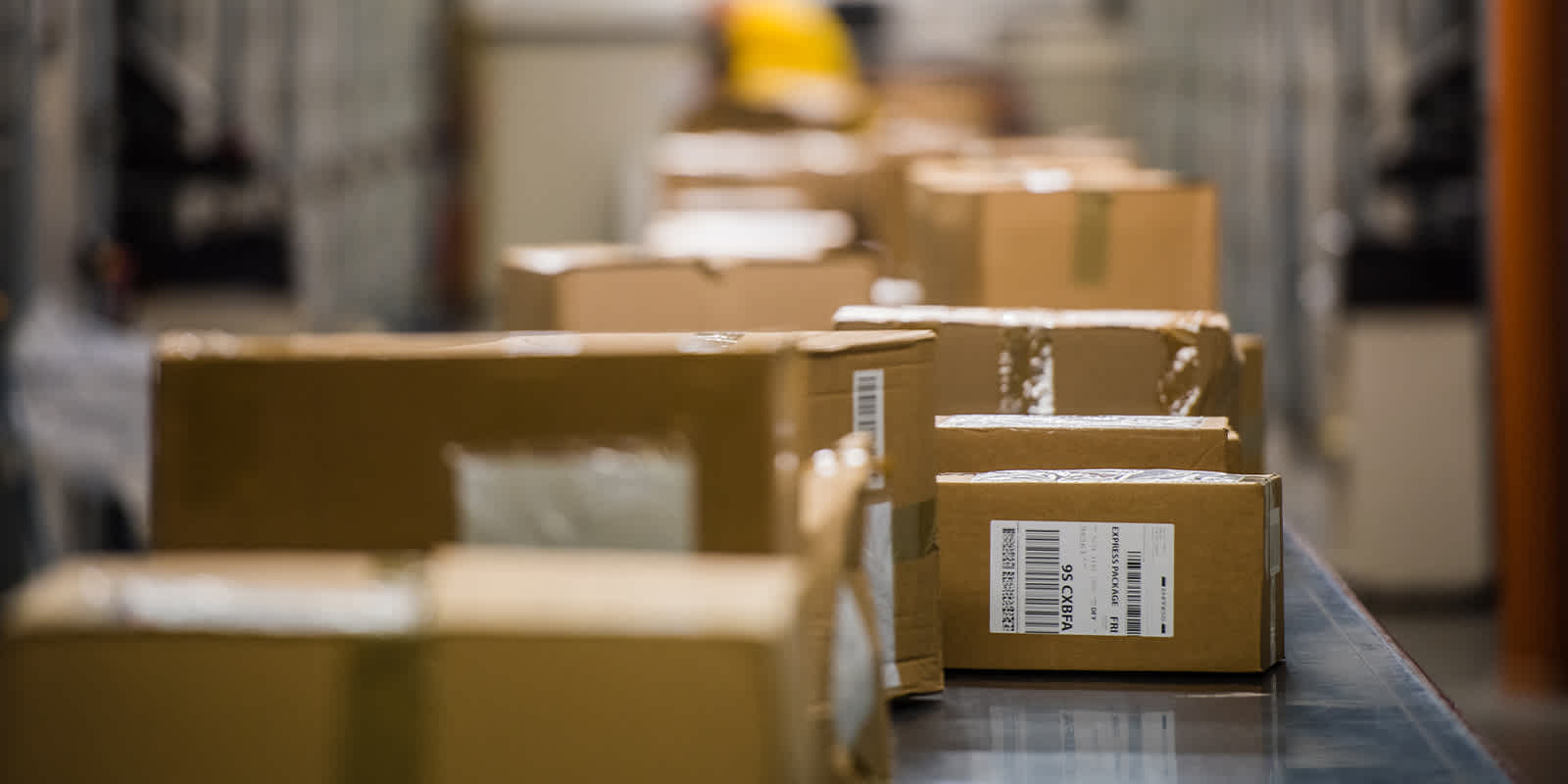
August 4, 2020
Amazon UK: How Sellers Should Prepare for the Brexit Deadline
Amazon UK: How Sellers Should Prepare for the Brexit Deadline
As Brexit steams ahead, one consequence of the additional customs requirements in the realm of ecommerce is coming to light. Amazon UK has announced that sellers will no longer be able to fulfill orders via their European Fulfillment Network (EFN) scheme. For UK sellers who use this service to transfer Fulfilled by Amazon (FBA) stock into a distribution center in Europe, this could pose a potential barrier. Understanding how to clear that obstacle can make the difference between success or failure.
Companies that are not established in the EU may run the risk of not being able to move stock from certain member states once the transition period ends on December 31. And in fact, many member states are already starting to enforce the UCC "definition of an exporter," which only allows an EU established company to act as the exporter of record. The Netherlands, for example, recently announced that this will be the prevailing regulation as of October 1, 2020. This means companies holding stock in an FBA center that distributes from the Netherlands to the UK will be unable to act as the exporter of record. Instead, they will need to look for other alternatives to export, which can be costly and time consuming.
To address this concern, two approaches are recommended:
- Look at forecasting farther upstream, to enable stock to be held in areas where distribution is possible by FBA. With this, it’s important to anticipate sale volumes in certain regions to avoid being charged double duty/VAT and incurring extra administrative fees for import and export declarations. Be sure to understand all the implications of the change to avoid supply chain disruptions.
- Look at the current distribution model and assess if the use of bonded warehouses to hold duty-unpaid stock in either the EU or UK will be beneficial—and where holding the stock will be most cost effective. In 2021 the UK is scheduled to formally announce its freeport strategy which is similar to a free trade zone. This could make the UK very attractive for fulfillment models due to potential benefits surrounding the new announcement—for instance, duty and VAT suspension for goods that remain in the zone, no duty for goods re-exported, and lowered corporation tax.
The Bottom Line for Amazon Sellers
Amazon’s EFN is a valuable proposition that keeps cargo flowing between geographies when and where customers request it the most. With the end of EFN, sellers who typically ship FBA cargo into the UK and use Amazon’s EFN to transfer stock into mainland Europe may need to decide earlier where to send shipments in the first place. To illustrate, instead of sending one Full Container Load (FCL) to a single FBA center, a business may choose to split an order into smaller, Less-than-Container Load (LCL) shipments across multiple FBA centers.
Future tariffs imposed on UK-EU trade, combined with Amazon’s firm stance on this new program mean that end-users/consumers will be forced to pay extra taxes to ship single-items from the UK, even if logistic costs remain reasonable.
Without the ability to quickly shift inventory to strategic locations based on demand, Amazon sellers should consider using air freight options, which could help move goods from suppliers’ factories into local Amazon FBA centers where the products are in high demand. However, the increased transportation costs may only be viable for products operating on the lower-volume, higher-margin end.
In the long-term, to mitigate the disruption caused by the end of EFN, Amazon may allow the sellers’ logistics providers to manage stock transfers. Or, the UK’s freeports may pose an interesting solution to keep goods stored and ready for a speedy short-haul stock transfer. But, as longer wait times at ports and borders becomes the norm, and uncertainty around costs and bureaucracies rises, this may be less attractive.
Partnering with a capable, digital freight forwarder can provide upstream planning, visibility, and flexibility. This kind of agility will be key to adapt supply chains to the upcoming complexities of shipping into EU and UK Amazon centers. To learn more about how to navigate upcoming import changes due to Brexit, talk with a Flexport Customs expert.



